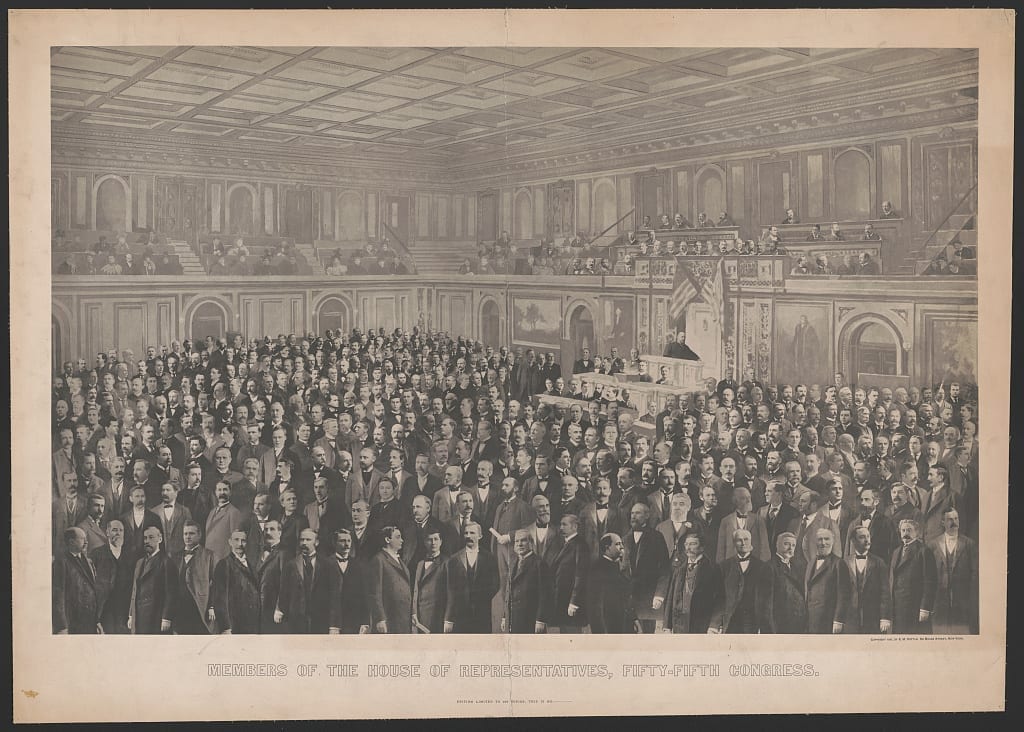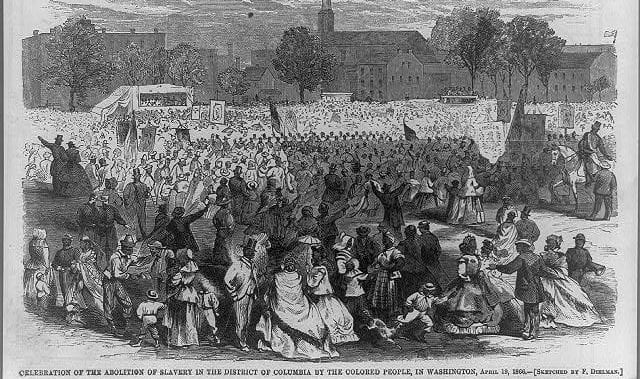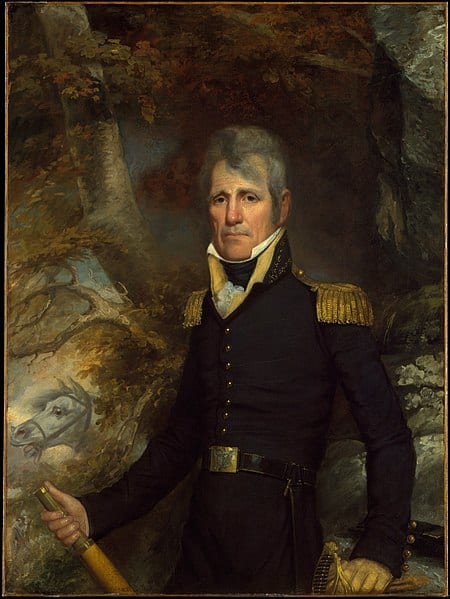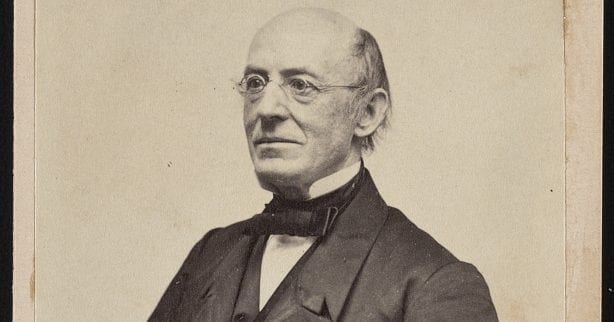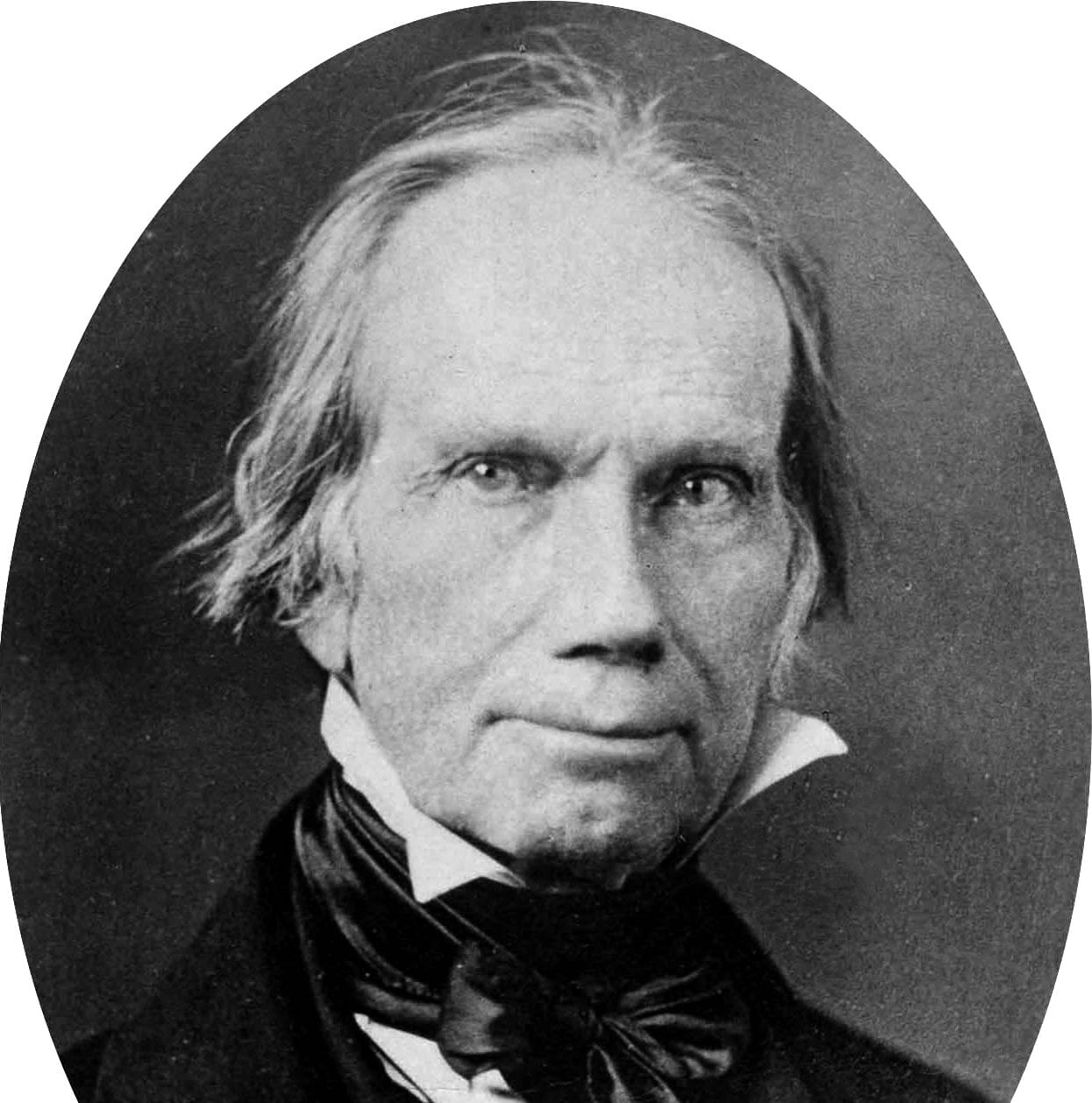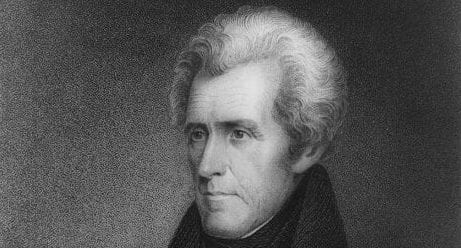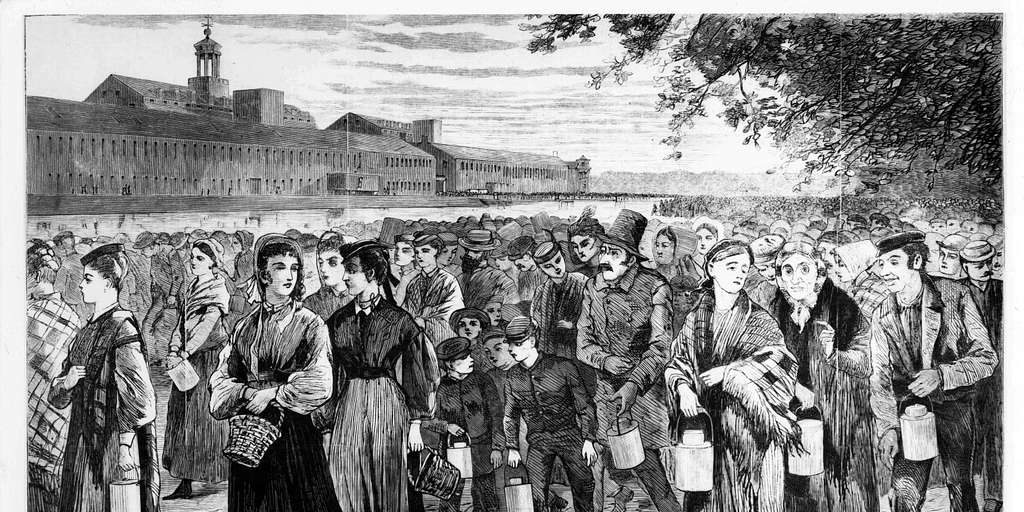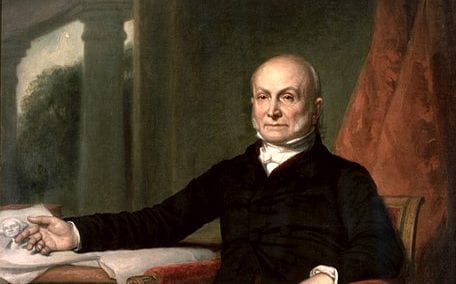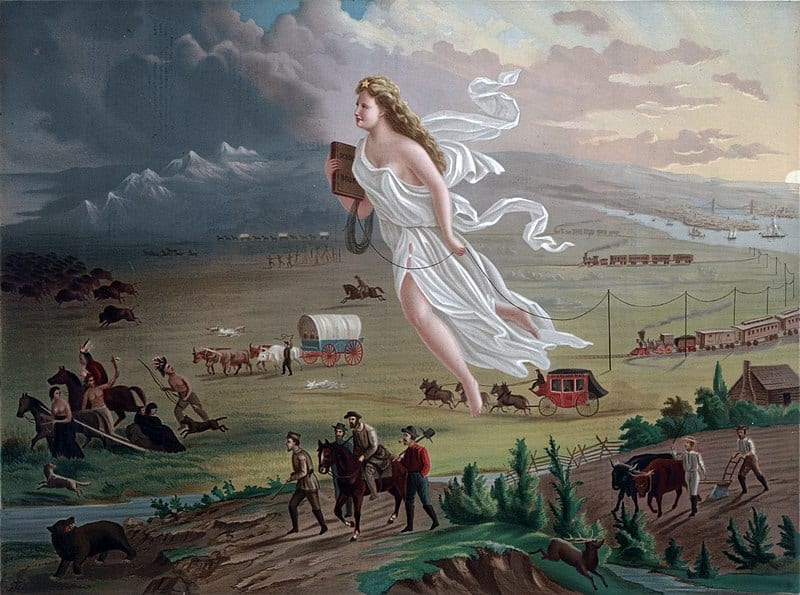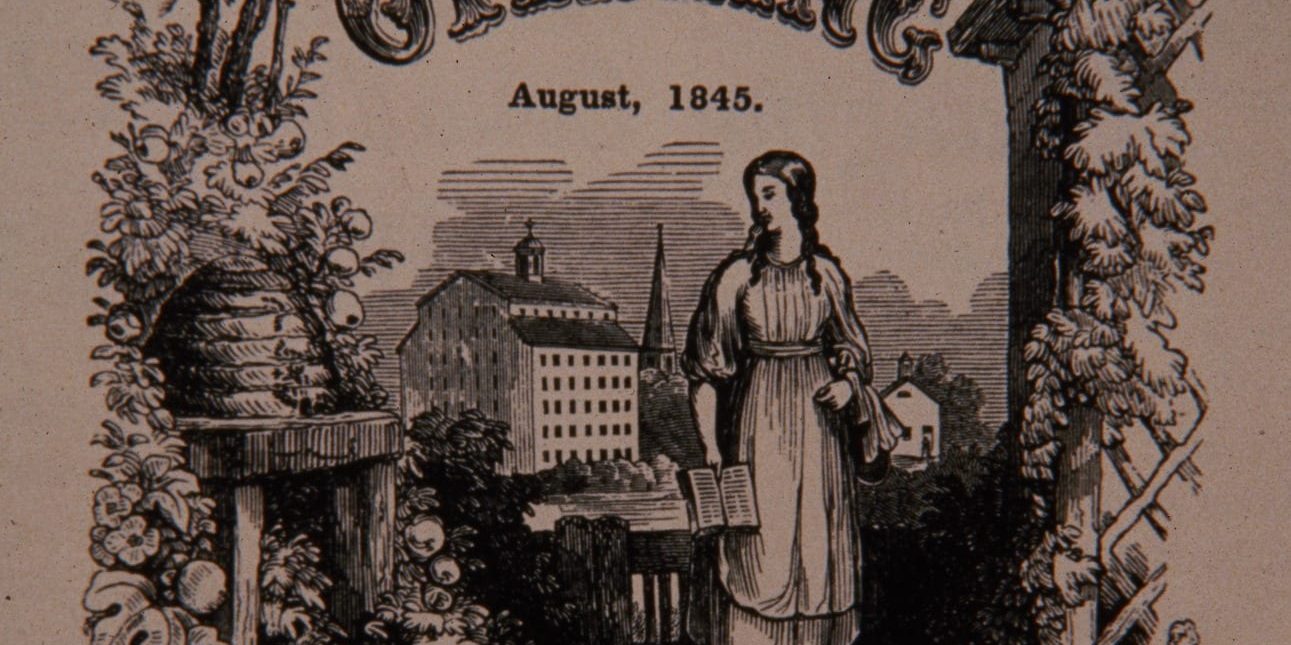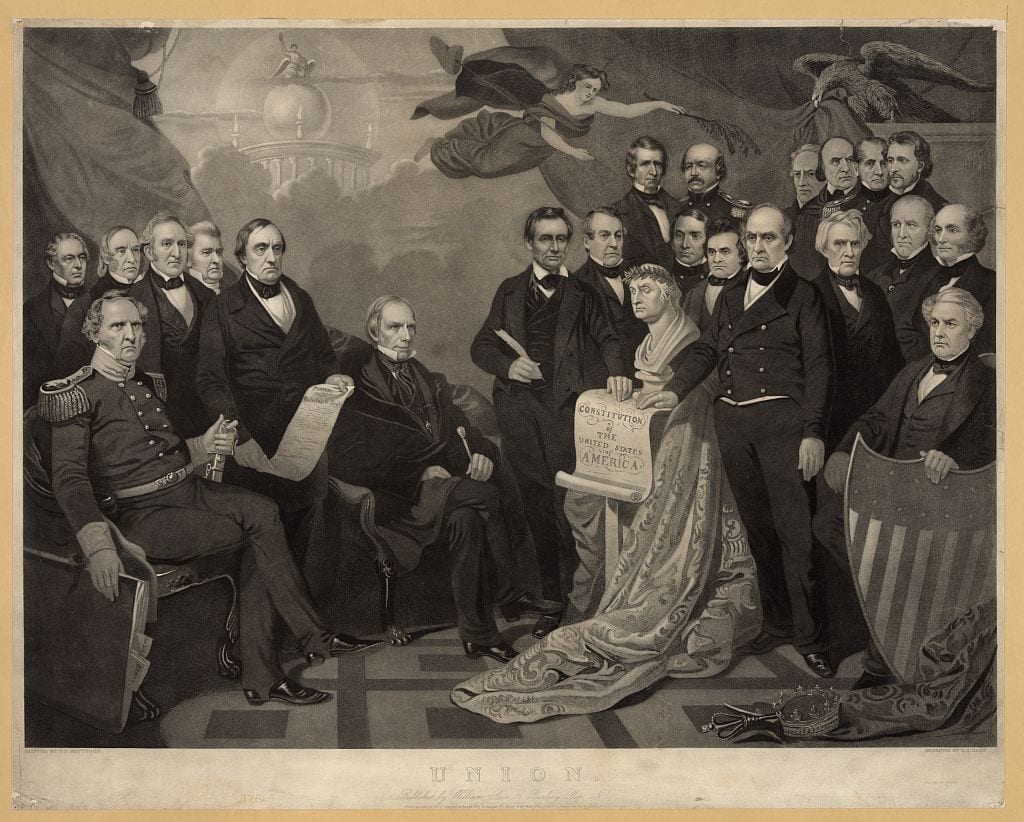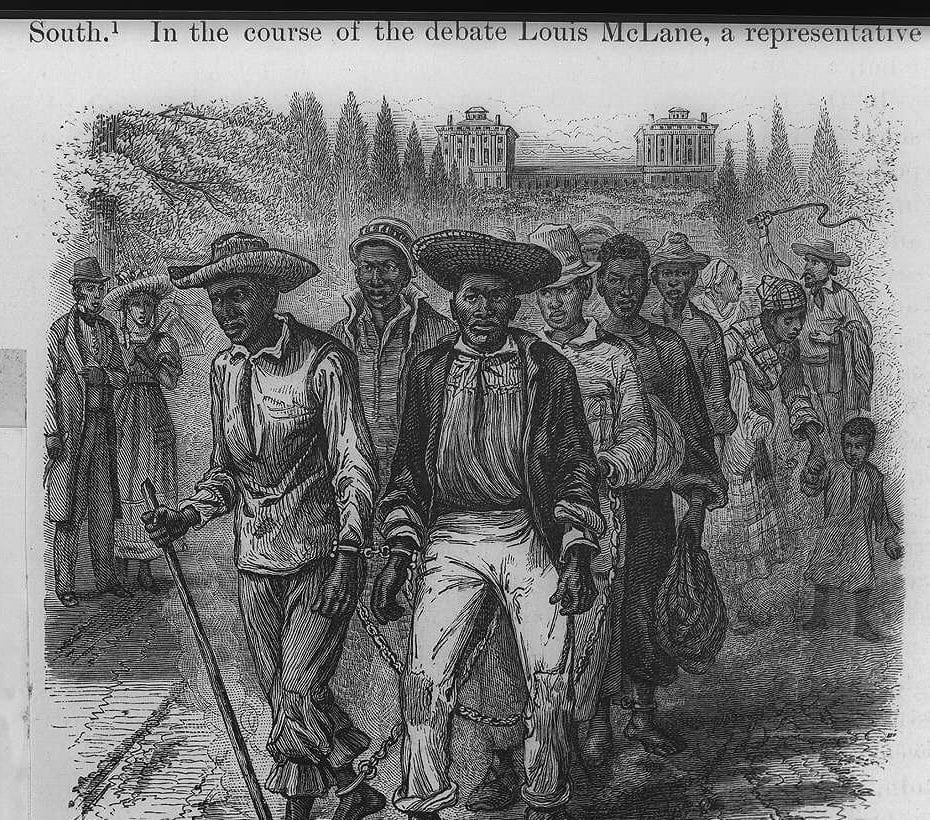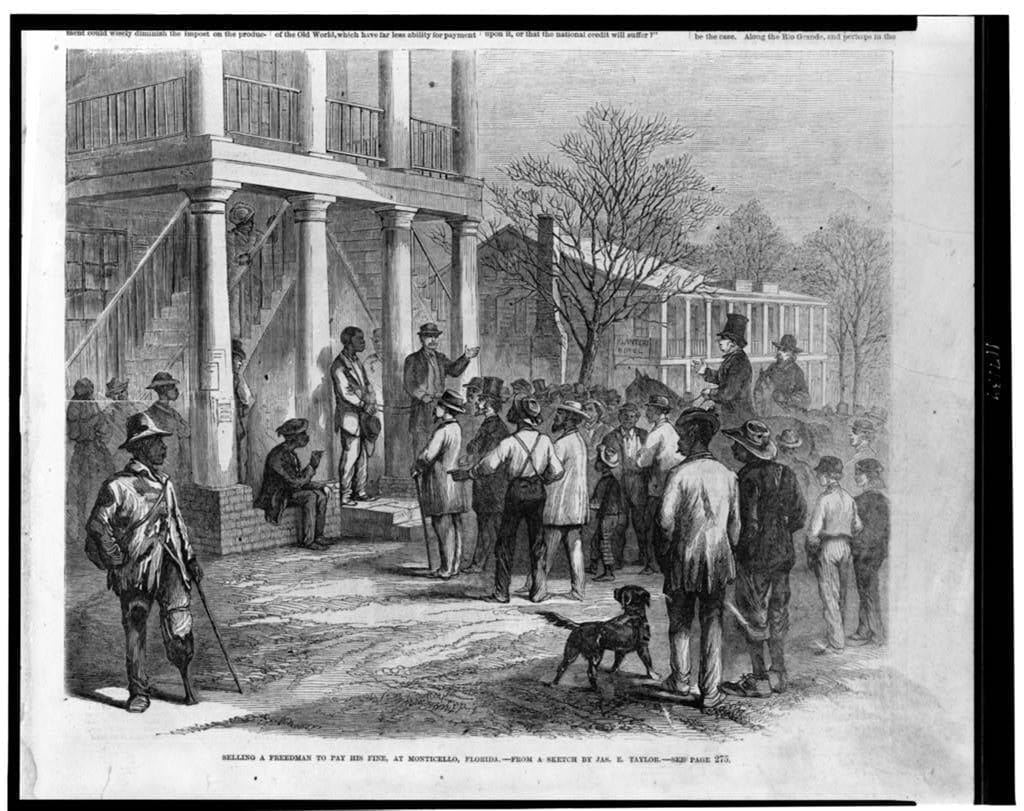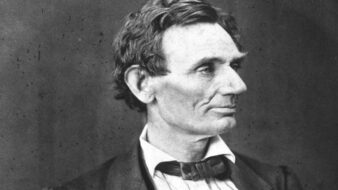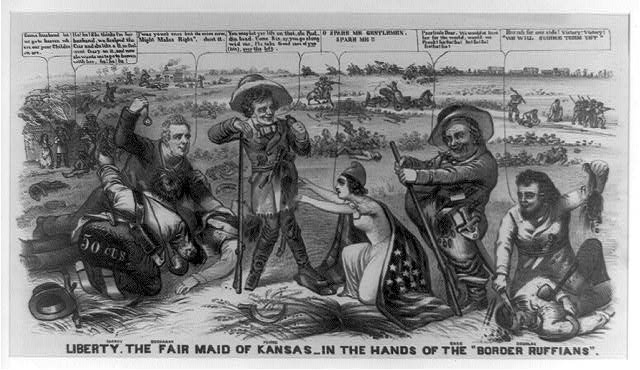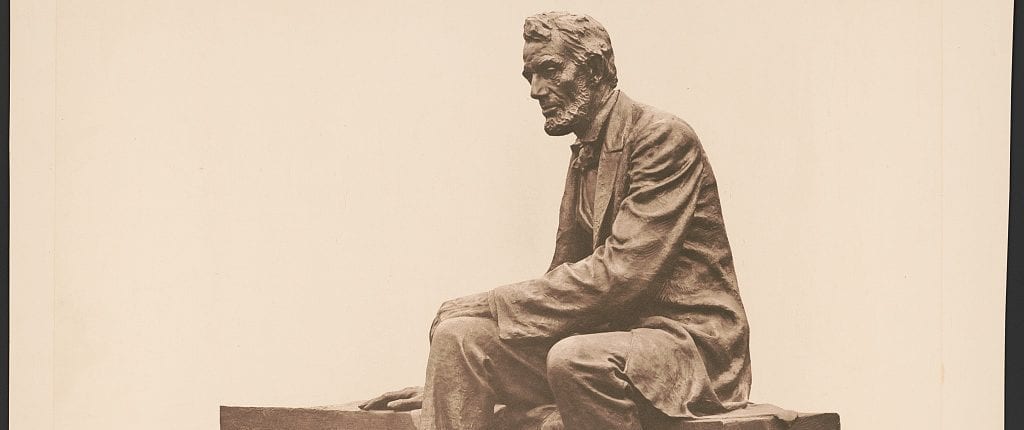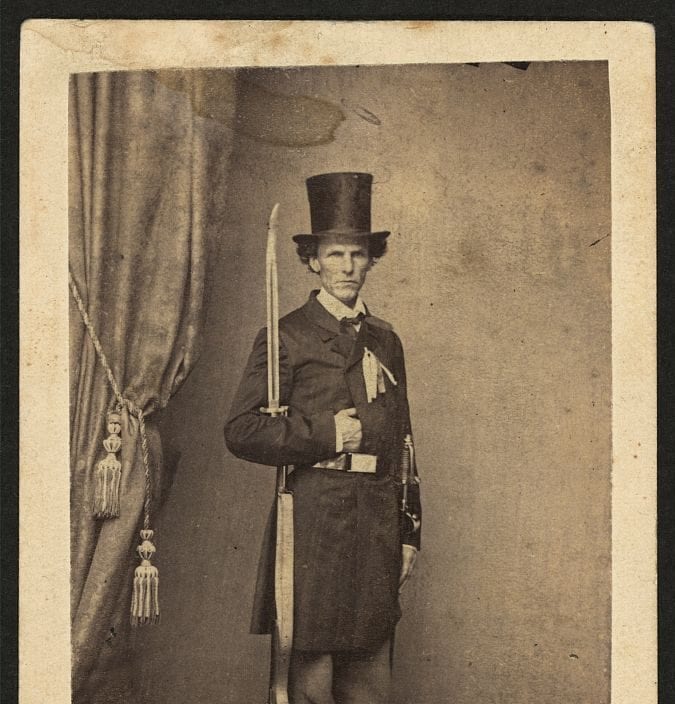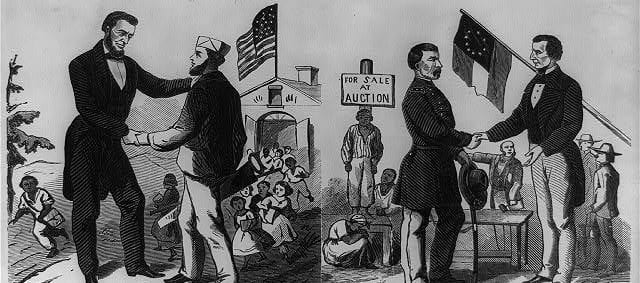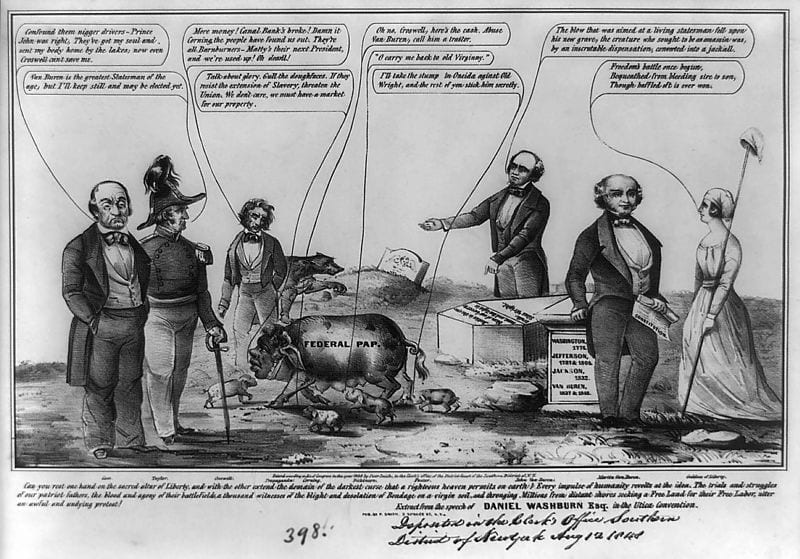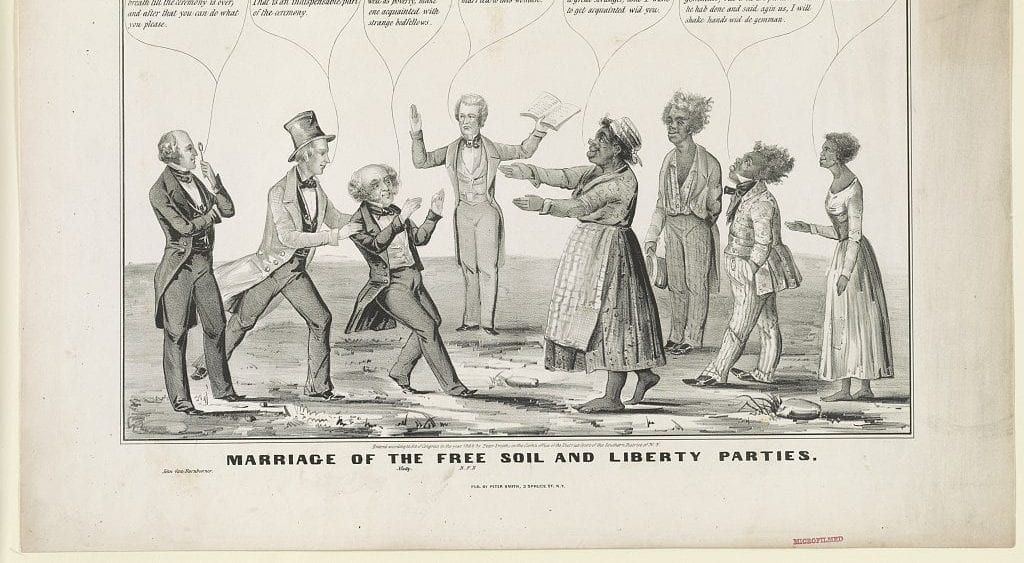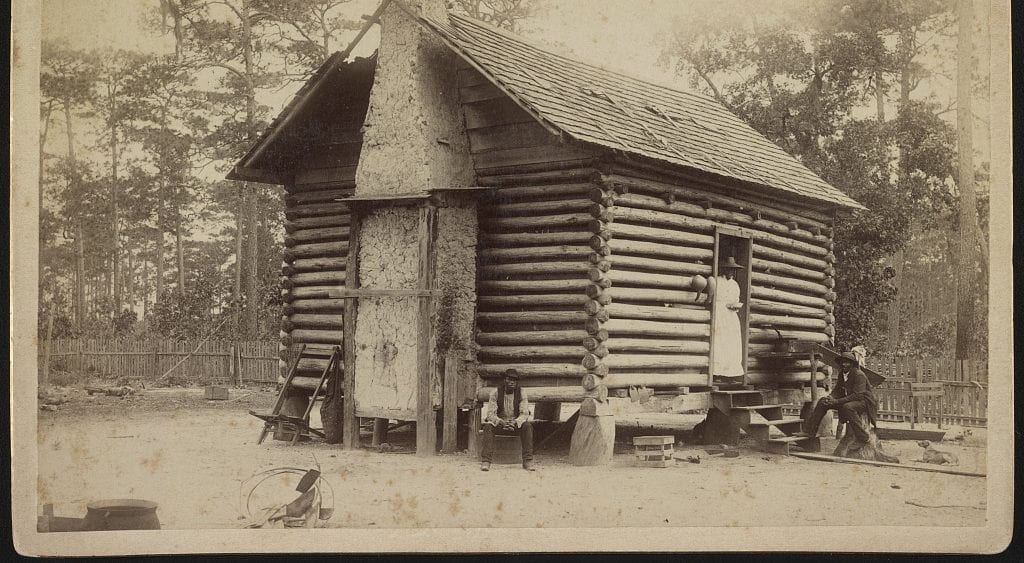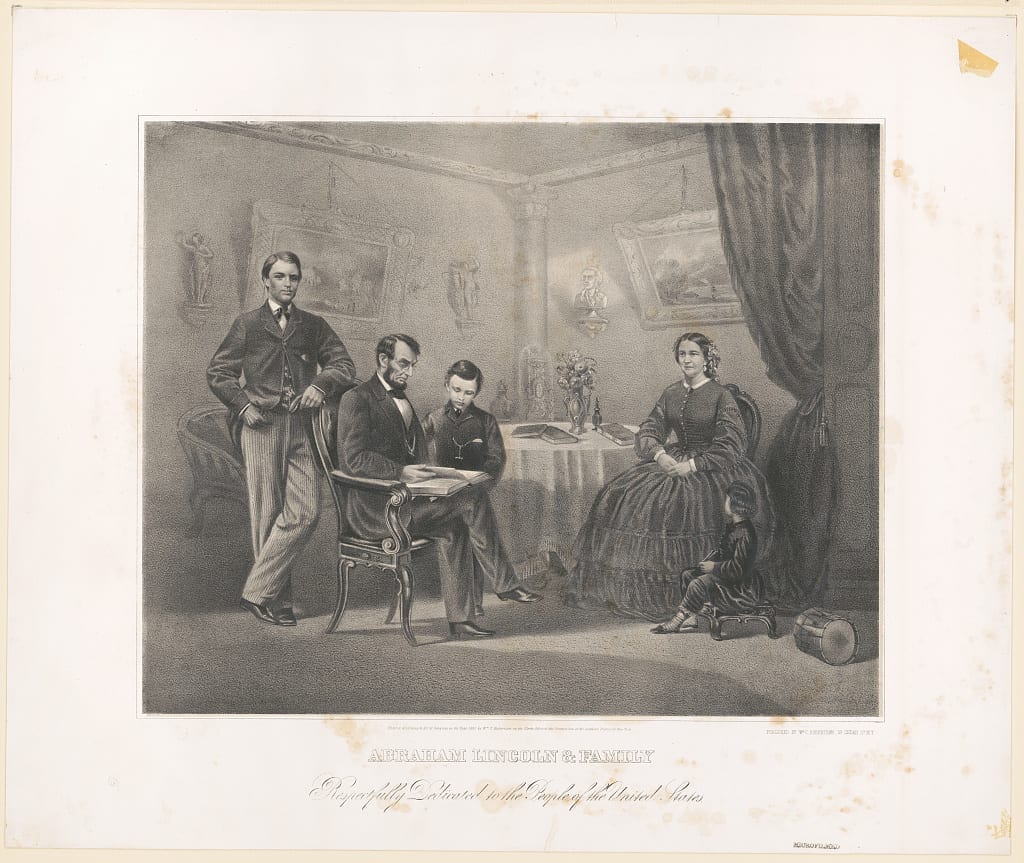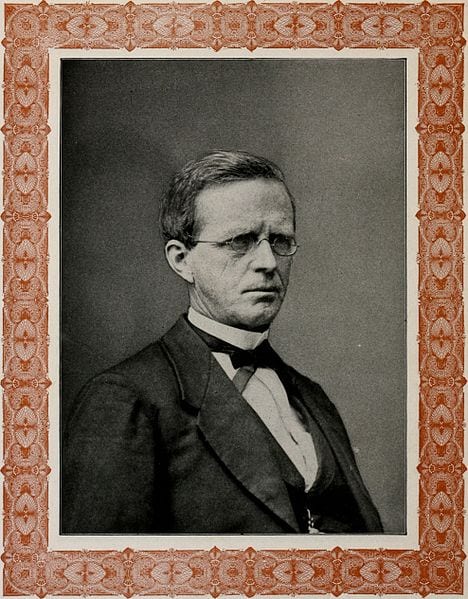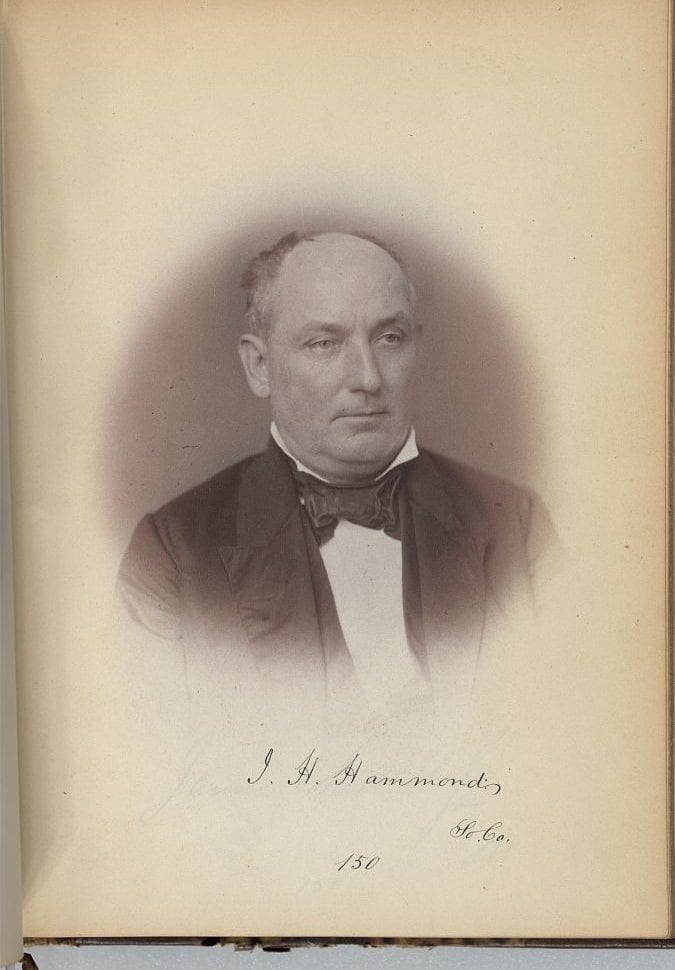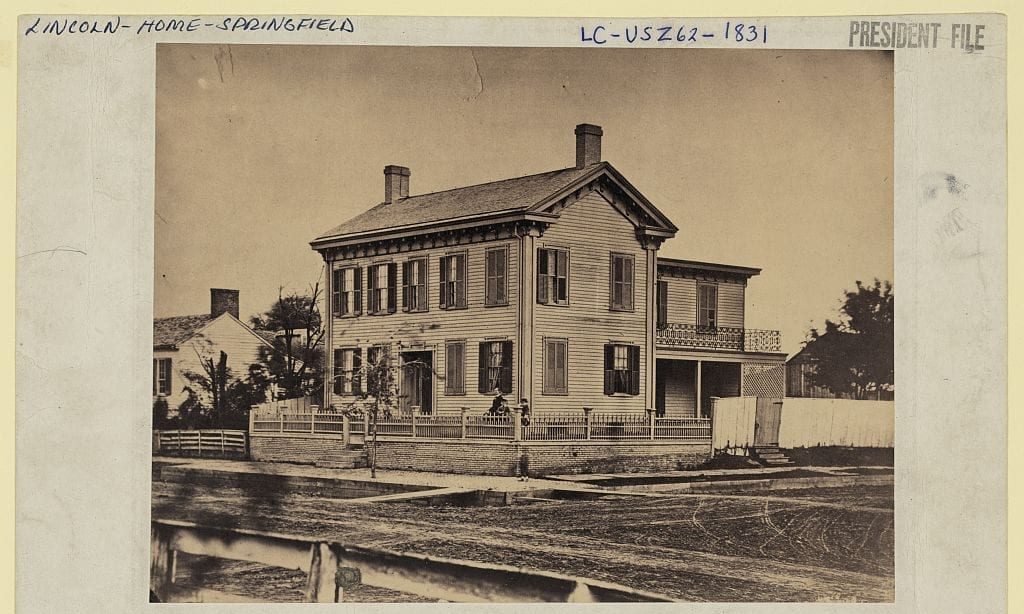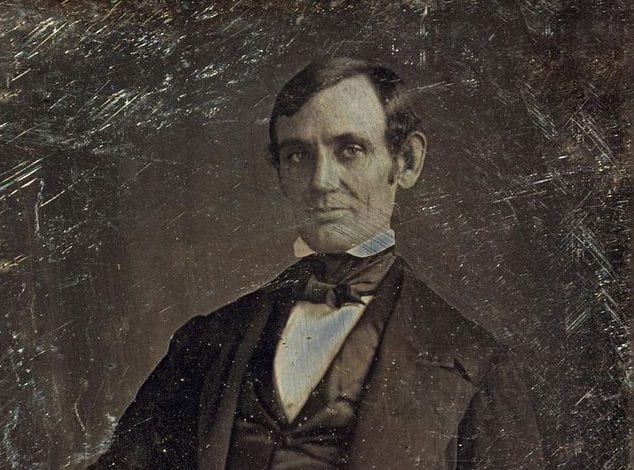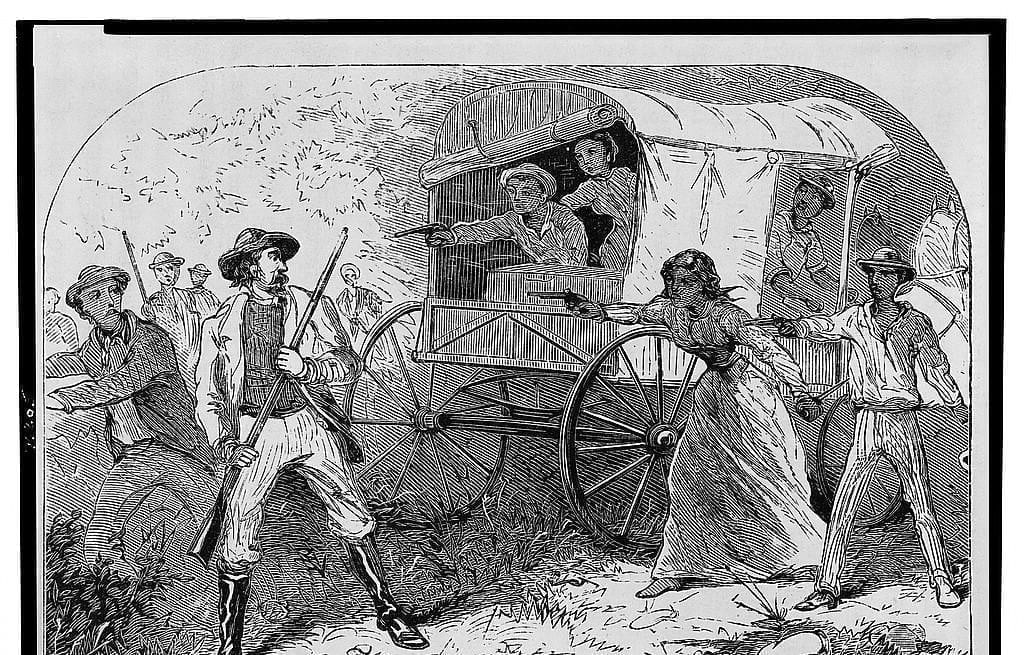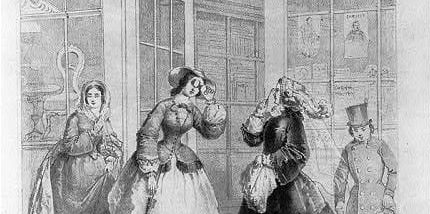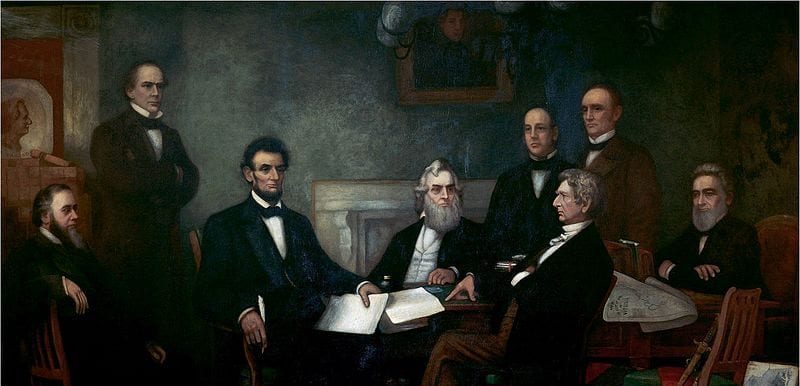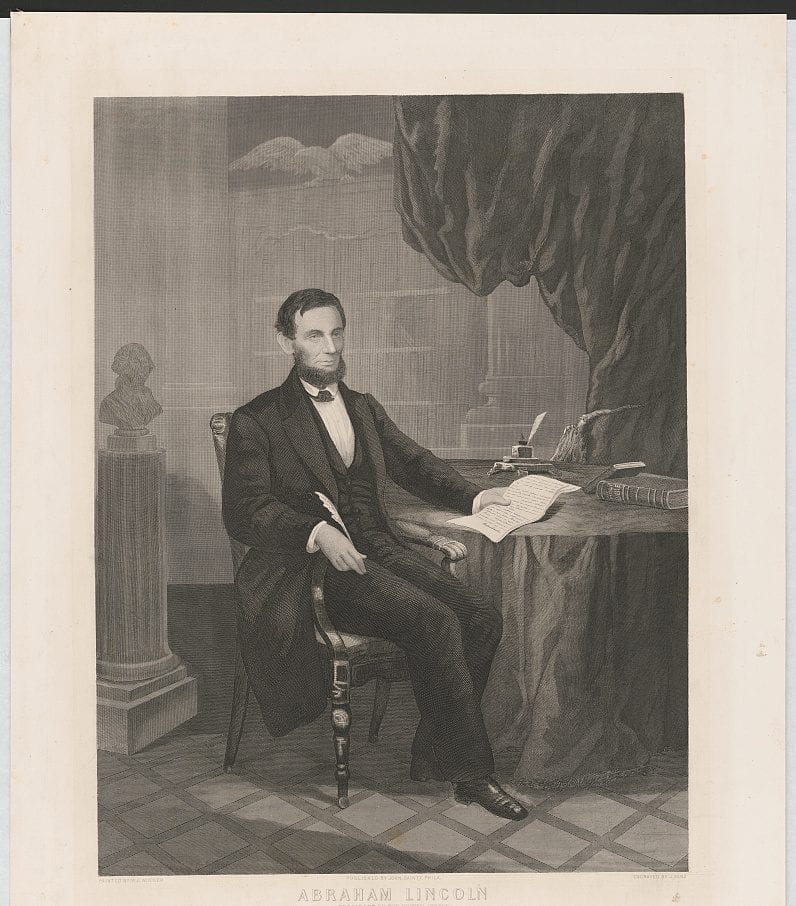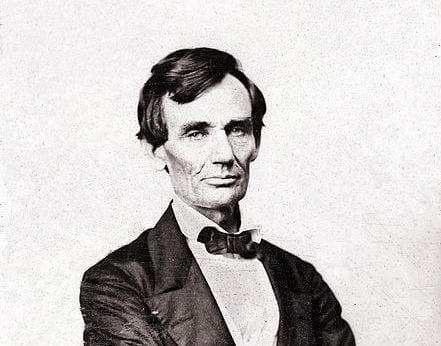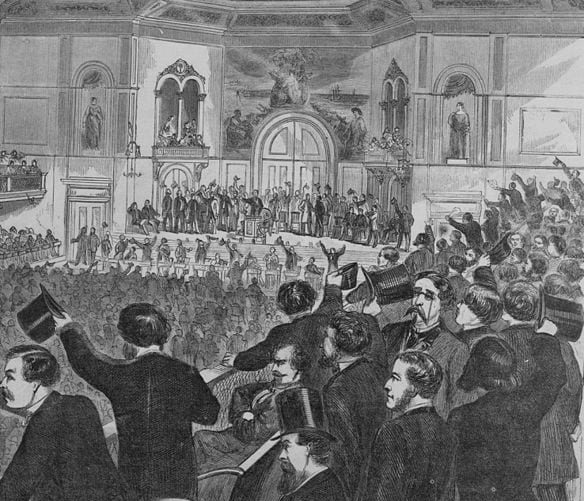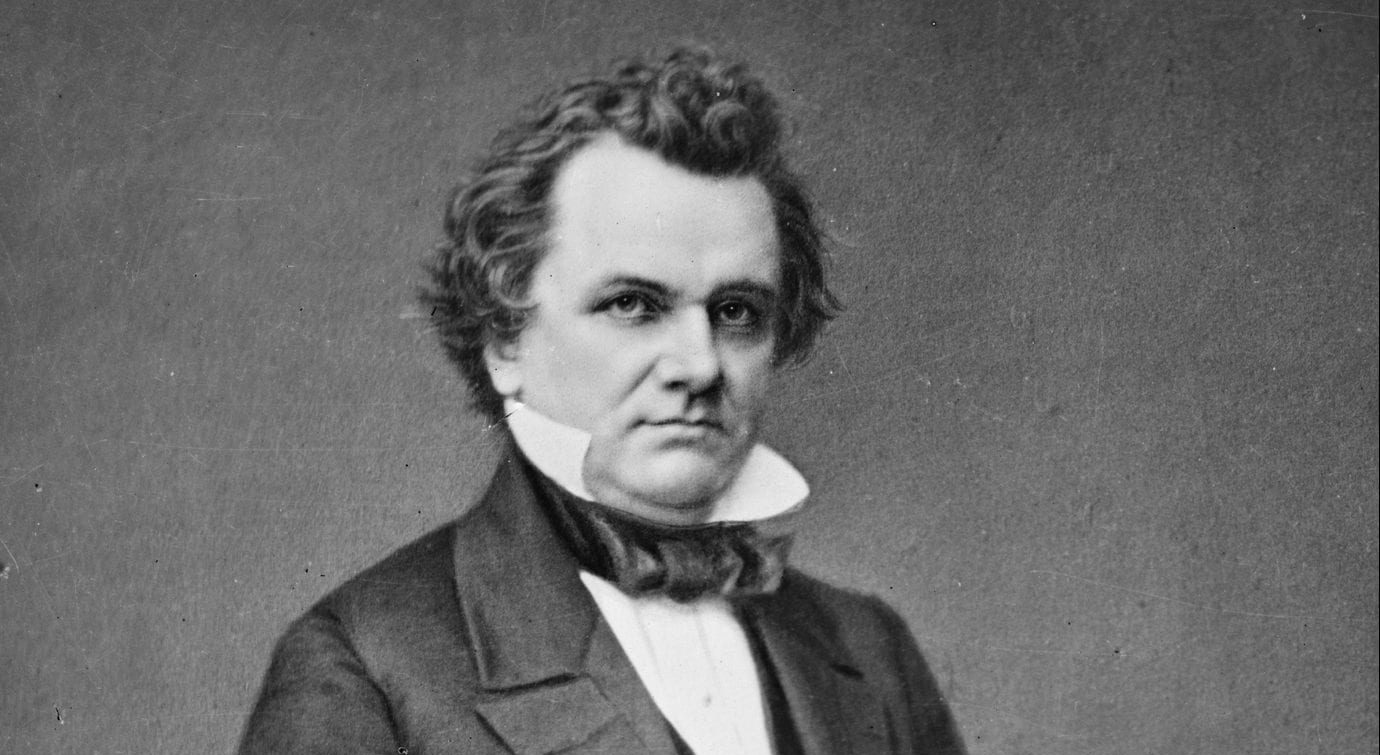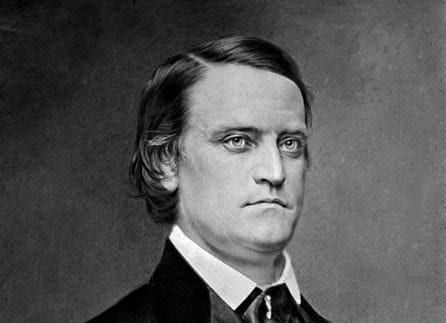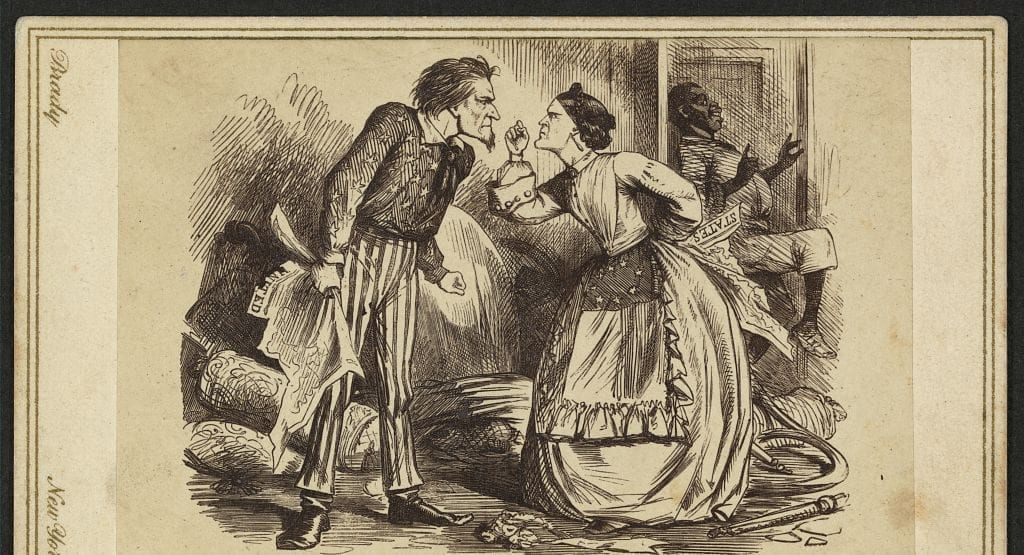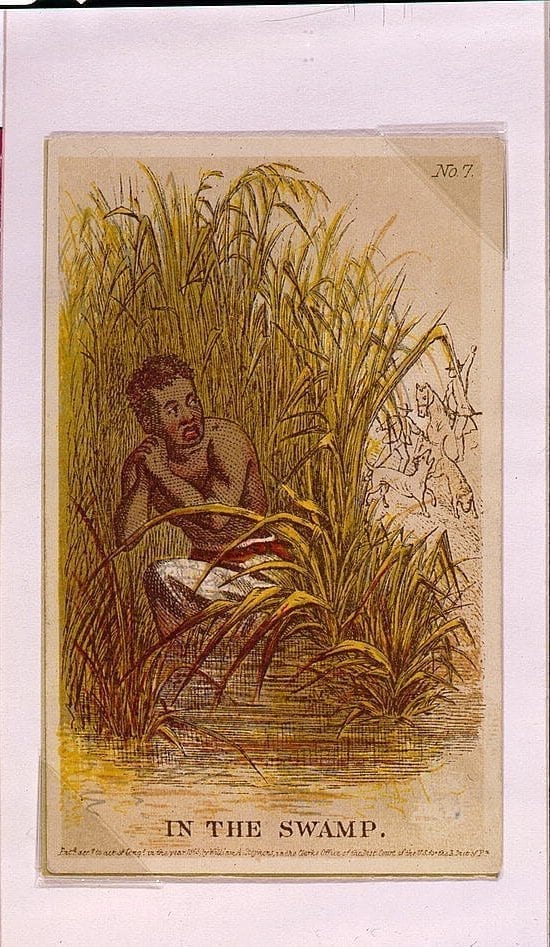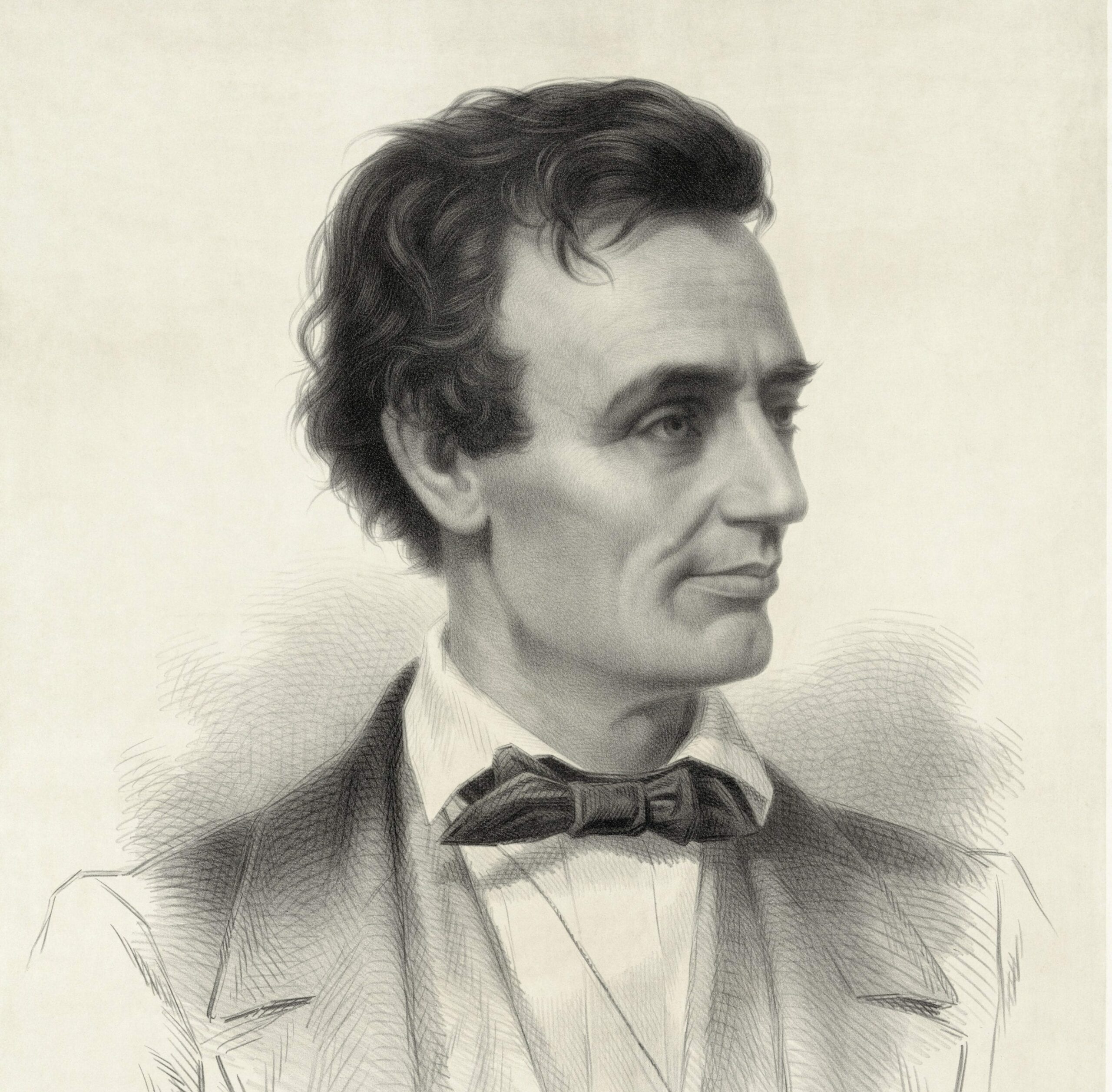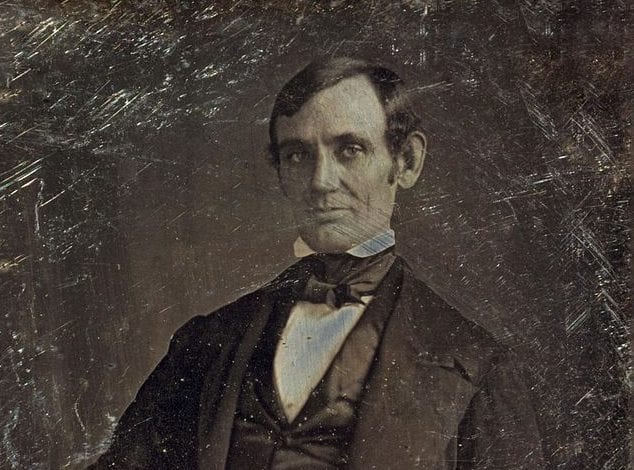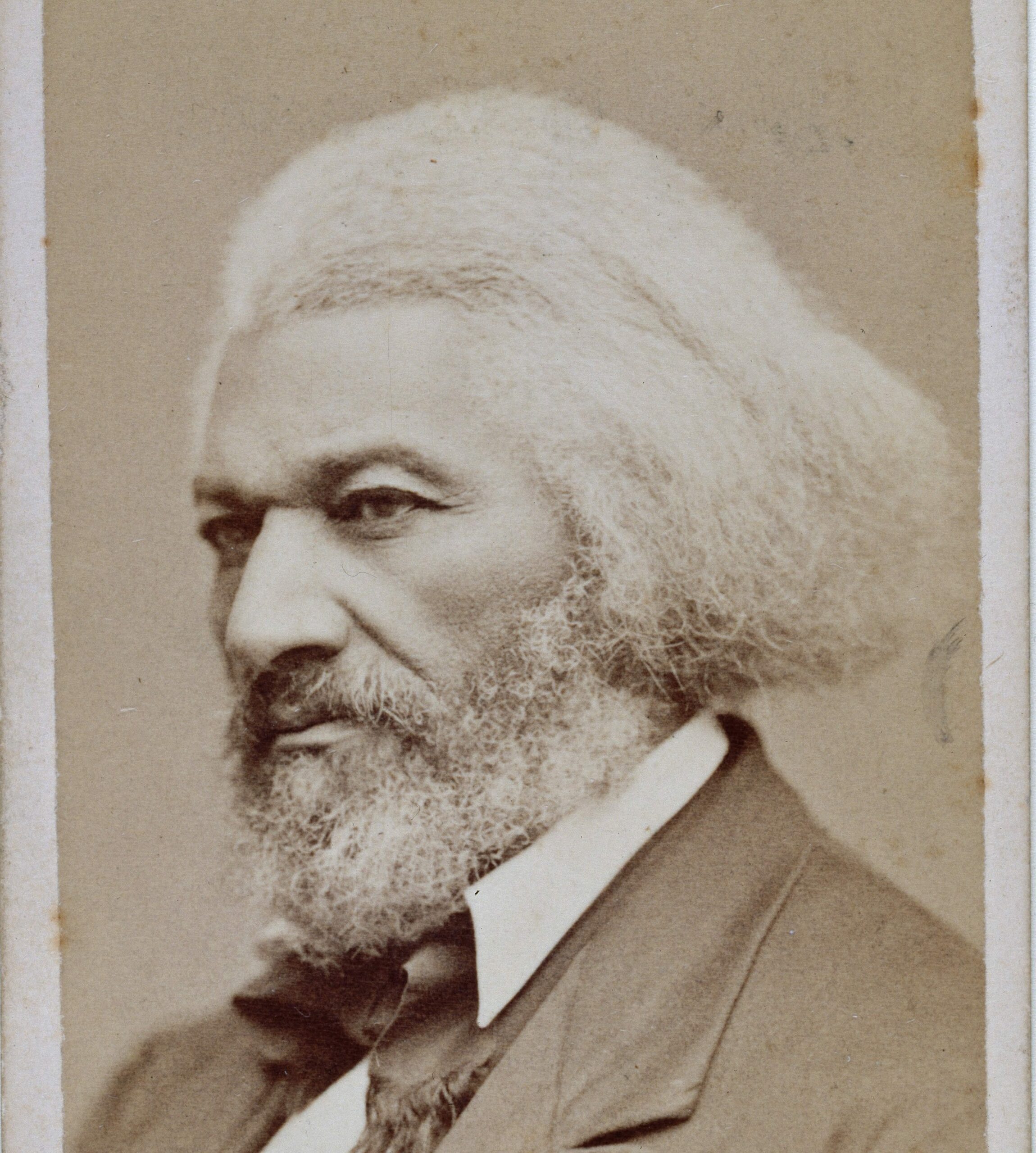

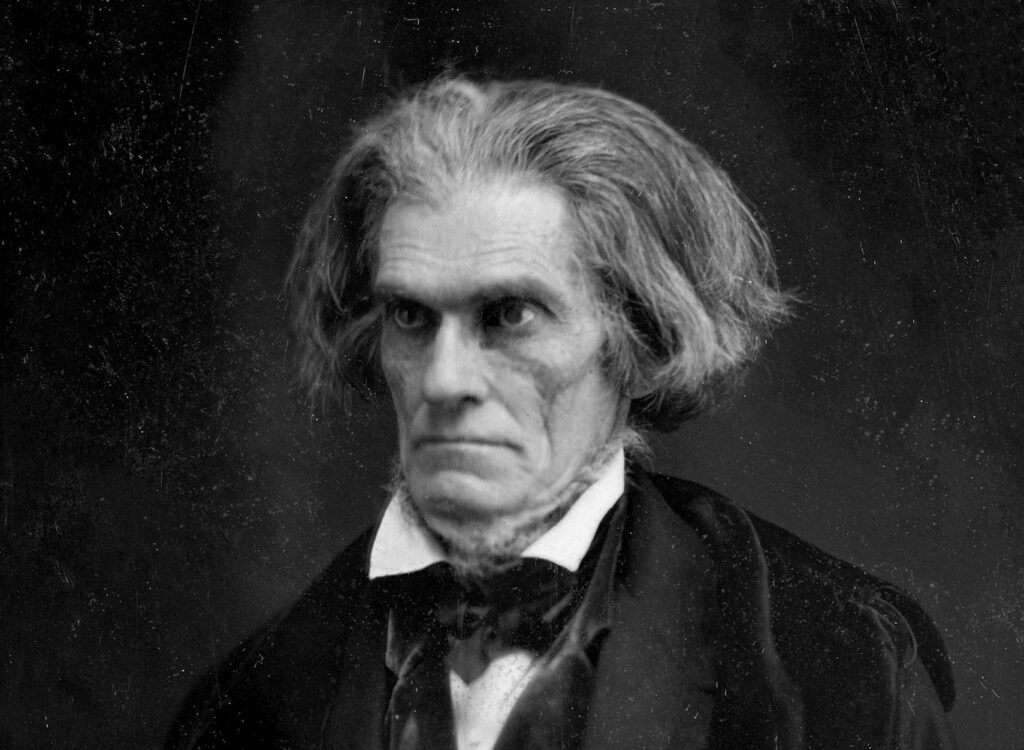
No related resources
Introduction
John C. Calhoun (1782–1850), who at various times represented South Carolina in the U.S. House and Senate, and also served as U.S. secretary of war and secretary of state, was the vice president of the United States at the time he delivered the Fort Hill Address, An Address on the Relation Which the States and General Government Bear to Each Other. Calhoun made numerous speeches and wrote various essays analyzing the authority of state governments and limits of federal power. In this 1831 address, written several years after Congress enacted an 1828 tariff opposed by many southern state officials, Calhoun offered a theoretical defense of states’ authority to nullify federal acts that exceeded the powers delegated by the U.S. Constitution. Calhoun considered this power “to be the fundamental principle of our system.” “On its recognition,” he argued, depended “the stability and safety of our political institutions.”
Calhoun grounded his support of nullification in part on the “compact” theory of the founding of the U.S. Constitution. As parties to the compact that created the U.S. Constitution, he argued, states retained the authority to preserve and enforce a proper distribution of power among federal and state governments. Calhoun also argued that the doctrine of nullification was in some fashion necessarily a feature of all polities where “separate and dissimilar interests have been separately represented in any government.”
Source: John Caldwell Calhoun, The Works of John C. Calhoun: Reports and Public Letters, ed. Richard K. Crallé (New York: D. Appleton, 1856), 60–62, 65–69, 73–74, 75–76, https://www.google.com/books/edition/The_Works_of_John_C_Calhoun_Reports_and/I2njyLyfTK4C?hl=en&gbpv=0.
... The great and leading principle is that the general government emanated from the people of the several states, forming distinct political communities, and acting in their separate and sovereign capacity, and not from all of the people forming one aggregate political community; that the Constitution of the United States is, in fact, a compact, to which each state is a party, in the character already described; and that the several states, or parties, have a right to judge of its infractions; and in case of a deliberate, palpable, and dangerous exercise of power not delegated, they have the right, in the last resort, to use the language of the Virginia Resolutions, “to interpose for arresting the progress of the evil, and for maintaining, within their respective limits, the authorities, rights, and liberties appertaining to them.” This right of interposition, thus solemnly asserted by the state of Virginia, be it called what it may—state-right, veto, nullification, or by any other name—I conceive to be the fundamental principle of our system, resting on facts historically as certain as our revolution itself, and deductions as simple and demonstrative as that of any political or moral truth whatever; and I firmly believe that on its recognition depend the stability and safety of our political institutions....
... I solemnly believe it to be the only solid foundation of our system, and of the Union itself; and that the opposite doctrine, which denies to the states the right of protecting their reserved powers, and which would vest in the general government (it matters not through what department) the right of determining, exclusively and finally, the powers delegated to it, is incompatible with the sovereignty of the states, and of the Constitution itself, considered as the basis of a federal Union. As strong as this language is, it is not stronger than that used by the illustrious Jefferson, who said, to give to the general government the final and exclusive right to judge of its powers, is to make “its discretion, and not the Constitution, the measure of its powers”; and that “in all cases of compact between parties having no common judge, each party has an equal right to judge for itself, as well of the infraction as of the mode and measure of redress.” Language cannot be more explicit; nor can higher authority be adduced....
So numerous and diversified are the interests of our country, that they could not be fairly represented in a single government, organized so as to give to each great and leading interest a separate and distinct voice, as in governments to which I have referred. A plan was adopted better suited to our situation, but perfectly novel in its character. The powers of government were divided, not, as heretofore, in reference to classes, but geographically. One general government was formed for the whole, to which were delegated all the powers supposed to be necessary to regulate the interests common to all the states, leaving others subject to the separate control of the states being, from their local and peculiar character, such that they could not be subject to the will of a majority of the whole Union, without the certain hazard of injustice and oppression. It was thus that the interests of the whole were subjected, as they ought to be, to the will of the whole, while the peculiar and local interests were left under the control of the states separately, to whose custody only they could be safely confided. This distribution of power, settled solemnly by a constitutional compact, to which all the states are parties, constitutes the peculiar character and excellence of our political system. It is truly and emphatically American, without example or parallel.
To realize its perfection, we must view the general government and those of the states as a whole, each in its proper sphere, sovereign and independent; each perfectly adapted to its respective objects; the states acting separately, representing and protecting the local and peculiar interests; and acting jointly through one general government, with the weight respectively assigned to each by the Constitution, representing and protecting the interest of the whole; and thus perfecting, by an admirable but simple arrangement, the great principle of representation and responsibility without which no government can be free or just. To preserve this sacred distribution, as originally settled, by coercing each to move in its prescribed orbit, is the great and difficult problem, on the solution of which, the duration of our Constitution, of our Union, and, in all probability, our liberty depends. How is this to be effected?
The question is new, when applied to our peculiar political organization, where the separate and conflicting interests of society are represented by distinct but connected governments; but it is, in reality, an old question under a new form, long since perfectly solved. Whenever separate and dissimilar interests have been separately represented in any government; whenever the sovereign power has been divided in its exercise, the experience and wisdom of ages have devised but one mode by which such political organization can be preserved—the mode adopted in England, and by all governments, ancient and modern, blessed with constitutions deserving to be called free—to give to each co-estate the right to judge of its powers, with a negative or veto on the acts of the others, in order to protect against encroachments, the interests it particularly represents: a principle which all of our constitutions recognize in the distribution of power among their respective departments, as essential to maintain the independence of each; but which, to all who will duly reflect on the subject, must appear far more essential, for the same object, in that great and fundamental distribution of powers between the states and general government. So essential is the principle, that, to withhold the right from either, where the sovereign power is divided, is, in fact, to annul the division itself, and to consolidate, in the one left in the exclusive possession of the right, all powers of government; for it is not possible to distinguish, practically, between a government having all power, and one having the right to take what powers it pleases. Nor does it in the least vary the principle, whether the distribution of power be between co-estates, as in England, or between distinctly organized, but connected governments, as with us. The reason is the same in both cases, while the necessity is greater in our case, as the danger of conflict is greater where the interests of a society are divided geographically than in any other, as has already been shown.
These truths do seem to me to be incontrovertible; and I am at a loss to understand how anyone who has maturely reflected on the nature of our institutions, or who has read history or studied the principles of free government to any purpose, can call them in question. The explanation must, it appears to me, be sought in the fact that, in every free state there are those who look more to the necessity of maintaining power than guarding against its abuses. I do not intend reproach, but simply to state a fact apparently necessary to explain the contrariety of opinions among the intelligent, where the abstract consideration of the subject would seem scarcely to admit of doubt. If such be the true cause, I must think the fear of weakening the government too much, in this case, to be in a great measure unfounded, or, at least, that the danger is much less from that than the opposite side. I do not deny that a power of so high a nature may be abused by a state; but when I reflect that the states unanimously called the general government into existence with all its powers, which they freely delegated on their part, under the conviction that their common peace, safety, and prosperity required it; that they are bound together by a common origin, and the recollection of common suffering and common triumph in the great and splendid achievement of their independence; and that the strongest feelings of our nature, and among them the love of national power and distinction, are on the side of the Union, it does seem to me that the fear which would strip the states of their sovereignty, and degrade them, in fact, to mere dependent corporations, lest they should abuse a right indispensable to the peaceable protection of those interests which they reserved under their own peculiar guardianship when they created the general government, is unnatural and unreasonable. If those who voluntarily created the system cannot be trusted to preserve it, who can?
So far from extreme danger, I hold that there never was a free state in which this great conservative principle, indispensable to all, was ever so safely lodged. In others, when the co-estates representing the dissimilar and conflicting interests of the community came into contact, the only alternative was compromise, submission, or force. Not so in ours. Should the general government and a state come into conflict, we have a higher remedy: the power which called the general government into existence, which gave it all its authority, and can enlarge, contract, or abolish its powers at its pleasure, may be invoked. The states themselves may be appealed to—three-fourths of which, in fact, form a power whose decrees are the Constitution itself, and whose voice can silence all discontent. The utmost extent, then, of the power is that a state, acting in its sovereign capacity as one of the parties to the constitutional compact, may compel the government created by that compact to submit a question touching its infraction to the parties who created it; to avoid the supposed dangers of which, it is proposed to resort to the novel, the hazardous, and, I must add, fatal project of giving to the general government the sole and final right of interpreting the Constitution—thereby reversing the whole system, making that instrument the creature of its will, instead of a rule of action impressed on it at its creation, and annihilating, in fact, the authority which imposed it, and from which the government itself derives its existence....
Against these conclusive arguments, as they seem to me; it is objected that, if one of the parties has the right to judge of infractions of the Constitution, so has the other; and that, consequently, in cases of contested powers between a state and the general government, each would have a right to maintain its opinion, as is the case when sovereign powers differ in the construction of treaties or compacts; and that, of course, it would come to be a mere question of force. The error is in the assumption that the general government is a party to the constitutional compact. The states, as has been shown, formed the compact, acting as sovereign and independent communities. The general government is but its creature; and though, in reality, a government, with all the rights and authority which belong to any other government, within the orbit of its powers, it is, nevertheless, a government emanating from a compact between sovereigns, and partaking, in its nature and object, of the character of a joint commission, appointed to superintend and administer the interests in which all are jointly concerned; but having, beyond its proper sphere, no more power than if it did not exist. To deny this would be to deny the most incontestable facts and the clearest conclusions; while to acknowledge its truth is to destroy utterly the objection that the appeal would be to force, in the case supposed. For, if each party has a right to judge, then, under our system of government, the final cognizance of a question of contested power would be in the states, and not in the general government. It would be the duty of the latter, as in all similar cases of a contest between one or more of the principals and a joint commission or agency, to refer the contest to the principals themselves. Such are the plain dictates of both reason and analogy. On no sound principle can the agents have a right to final cognizance, as against the principals, much less to use force against them to maintain their construction of their powers. Such a right would be monstrous, and has never, heretofore, been claimed in similar cases....
How the states are to exercise this high power of interposition, which constitutes so essential a portion of their reserved rights that it cannot be delegated without an entire surrender of their sovereignty, and converting our system from a federal into a consolidated government, is a question that the states only are competent to determine. The arguments which prove that they possess the power, equally prove that they are, in the language of Jefferson, “the rightful judges of the mode and measure of redress.”1 But the spirit of forbearance, as well as the nature of the right itself, forbids a recourse to it, except in cases of dangerous infractions of the Constitution; and then only in the last resort, when all reasonable hope of relief from the ordinary action of the government has failed; when, if the right to interpose did not exist, the alternative would be submission and oppression on one side, or resistance by force on the other. That our system should afford, in such extreme cases, an intermediate point between these dire alternatives, by which the government may be brought to a pause, and thereby an interval obtained to compromise differences, or, if impracticable, be compelled to submit the question to a constitutional adjustment, through an appeal to the states themselves, is an evidence of its high wisdom: an element not, as is supposed by some, of weakness, but of strength; not of anarchy or revolution, but of peace and safety. Its general recognition would of itself, in a great measure, if not altogether, supersede the necessity of its exercise, by impressing on the movements of the government that moderation and justice so essential to harmony and peace, in a country of such vast extent and diversity of interests as ours; and would, if controversy should come, turn the resentment of the aggrieved from the system to those who had abused its powers (a point all-important), and cause them to seek redress, not in revolution or overthrow, but in reformation. It is, in fact, properly understood, a substitute, where the alternative would be force—tending to prevent, and; if that fails, to correct peaceably the aberrations to which all systems are liable, and which, if permitted to accumulate without correction, must finally end in a general catastrophe....
- 1. Calhoun quoted from the Kentucky Resolutions (1798) written by Jefferson.

Conversation-based seminars for collegial PD, one-day and multi-day seminars, graduate credit seminars (MA degree), online and in-person.














